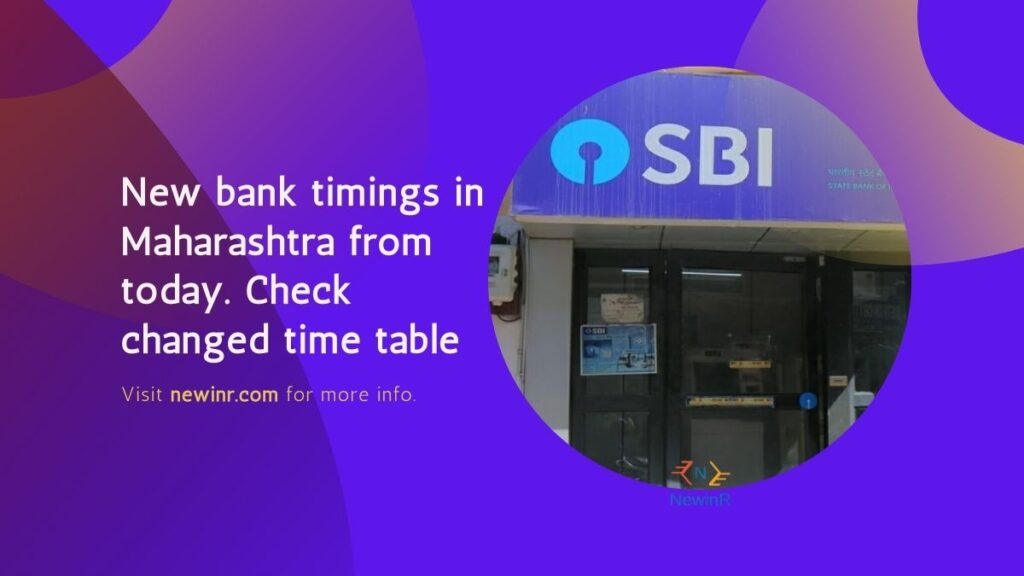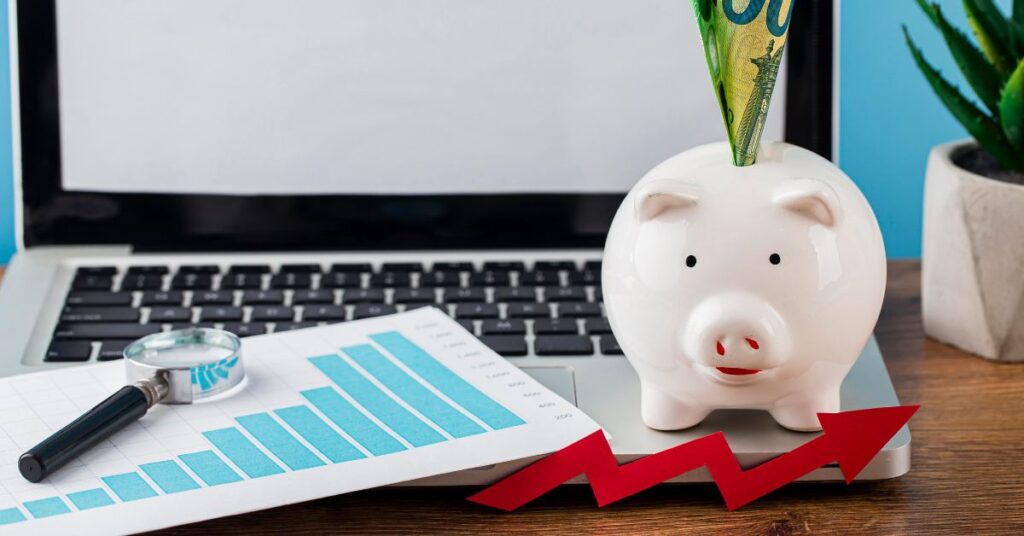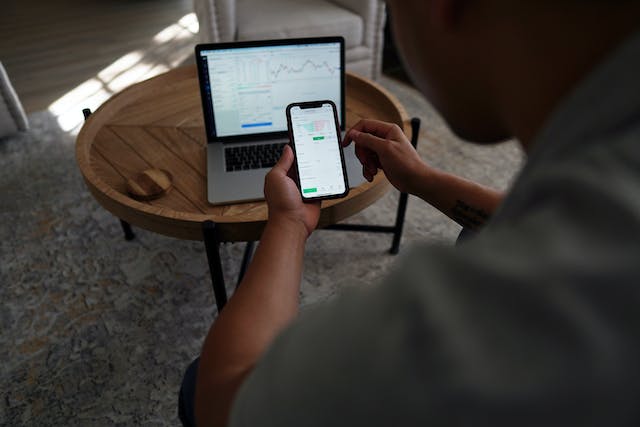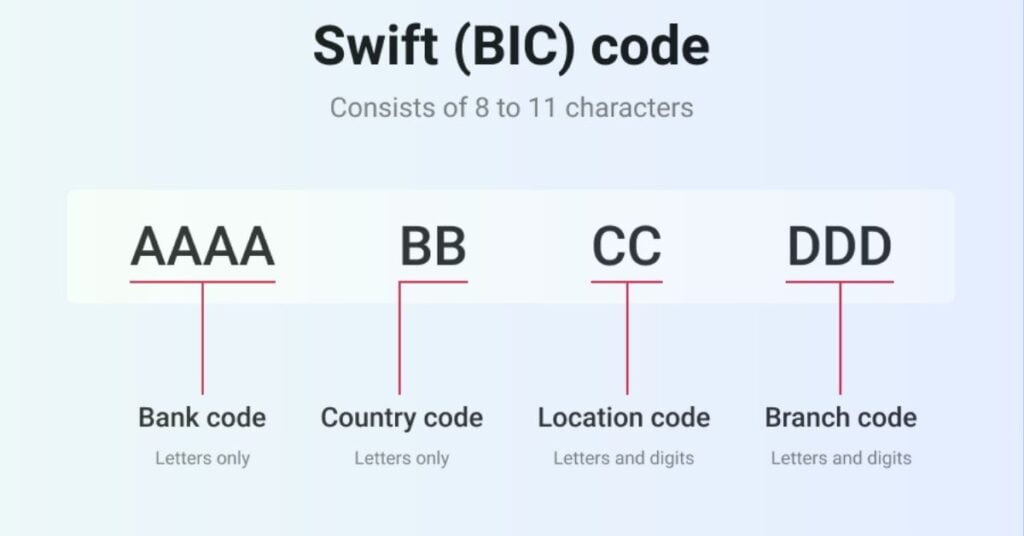The impact of the pandemic on the economy and personal finance has been significant, with widespread job loss, economic downturns, and changes in consumer behavior. In this article, we will explore how the quarantine affected people’s finances and jobs, the state of the economy during quarantine, the effect of quarantine on unemployment, the impact of quarantine on small businesses, and the future of the economy and personal finance post-pandemic.
The Quarantine’s Effect on Finances and Jobs
The economic impact of the quarantine was significant, with many people experiencing financial hardship due to job loss and layoffs. The pandemic caused a massive shift in people’s work, with many businesses transitioning to remote work or shutting down entirely. As a result, many individuals were left without work and struggling to make ends meet.
The State of the Economy During Quarantine
The economy during quarantine was in flux, with many industries struggling to stay afloat. The pandemic caused a significant economic downturn, with many businesses experiencing a significant decrease in revenue. However, government intervention in stimulus checks and other aid programs helped stabilize the economy to some extent.
The Effect of Quarantine on Unemployment
The sudden economic shock caused by the COVID-19 pandemic caused a massive spike in unemployment rates across the United States. In April 2020, the unemployment rate peaked at 14.8%, the highest since the Great Depression. Many businesses were forced to close their doors, and millions lost their jobs.
To combat this economic fallout, the US government implemented several programs to keep people employed and financially stable. One of the most significant programs was the Coronavirus Aid, Relief, and Economic Security (CARES) Act passed in March 2020.
The CARES Act provided a $600 weekly boost to unemployment benefits, which helped many people make ends meet. In addition, the Act established the Paycheck Protection Program (PPP), which provided forgivable loans to small businesses to help them stay afloat and retain their employees. The PPP provided $659 billion in loans, which helped support more than 51 million jobs.
The government also implemented the Pandemic Unemployment Assistance (PUA) program, which provided financial assistance to self-employed and gig workers who are not typically eligible for unemployment benefits. The PUA program provided a lifeline to millions of workers who had lost their income due to the pandemic.
Retirement Planning and Savings
The pandemic has also had a significant impact on retirement planning and savings. Many individuals have seen their retirement savings significantly decrease due to the economic downturn caused by the pandemic. With job losses and market volatility, many people have had to dip into their retirement savings to make ends meet.
Furthermore, the pandemic has highlighted the importance of having an emergency fund. Many people have used their retirement savings to cover unexpected expenses, such as medical bills or job loss, as they did not have an emergency fund set up. This underscores the need for individuals to prioritize saving for an emergency fund and their retirement savings. Chris J Dixon Oxford Advisory Group is a retirement financial advisor who helped countless clients during and after the pandemic keep their finances and retirement plans in check. Having a financial advisor in any financial crisis is a good thing to have at your disposal.
In response to the pandemic, the government has changed retirement savings plans. For example, the CARES Act allowed individuals affected by the pandemic to withdraw up to $100,000 from their retirement accounts penalty-free and suspend their required minimum distributions for 2020. These changes provided some relief for individuals struggling financially, but it is important to consider the long-term impact on retirement savings.
The Impact of Quarantine on Small Businesses
Small businesses are a critical component of the economy, and the pandemic’s impact on them was significant. Many small businesses were forced to shut down or operate at reduced capacity, leading to significant financial difficulties. However, the government’s response to small businesses during the pandemic was significant, with various aid programs aimed at supporting them during these challenging times.
The Future of the Economy and Personal Finance Post-Pandemic
The potential long-term impact of the pandemic on the economy and personal finance is still uncertain. However, the pandemic has caused a significant shift in consumer behavior and spending habits. People are now more cautious about their spending and are more focused on saving money and planning for retirement. The pandemic has also highlighted the importance of having an emergency fund and being financially prepared for unexpected events.
Conclusion
The pandemic has had a significant impact on the economy and personal finance. While the full extent of the impact is still uncertain, it is clear that the pandemic has caused widespread job loss, economic downturns, and changes in consumer behavior. However, government intervention and individual action can help mitigate the pandemic’s effects on personal finance and the economy. Taking control of your financial future and planning for the long term is essential, especially in these uncertain times.
The information on this page is provided on an “as is” basis with no guarantees of completeness, accuracy, usefulness, or timeliness. As an independent third-party content provider provides the information on this page, no warranties or representations exist.
Thanks For Visiting this website any doubt, you can comment below; if you want the latest updates on this useful information, follow Google News.








